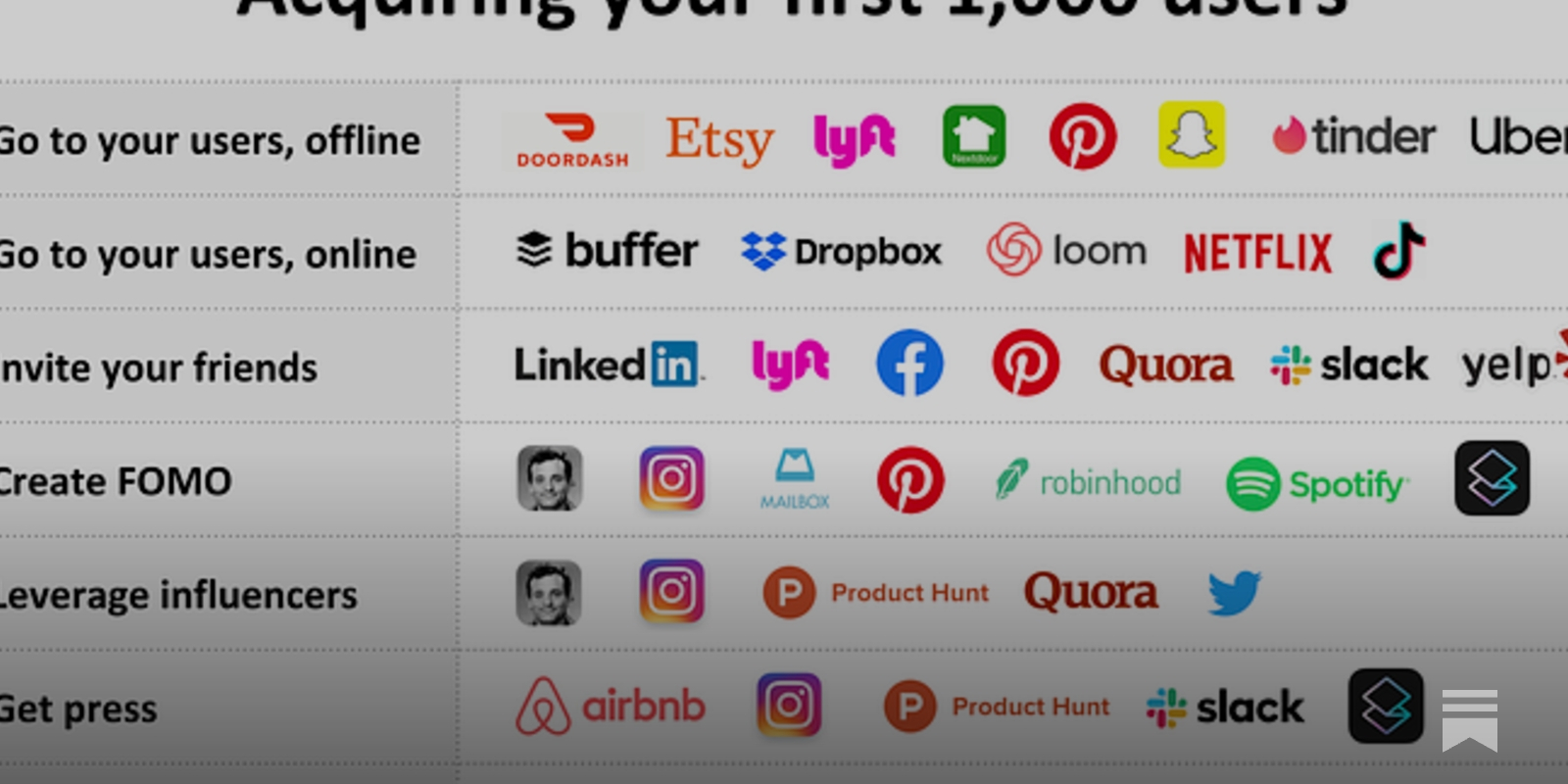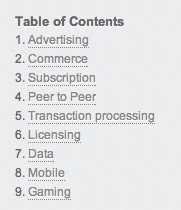 Hello Founders!
Hello Founders!
Hello Founders!
This link can't be embedded.
This link can't be embedded.
This link can't be embedded.
This link can't be embedded.
Want to print your doc?
This is not the way.
This is not the way.

Try clicking the ⋯ next to your doc name or using a keyboard shortcut (
CtrlP
) instead.
















